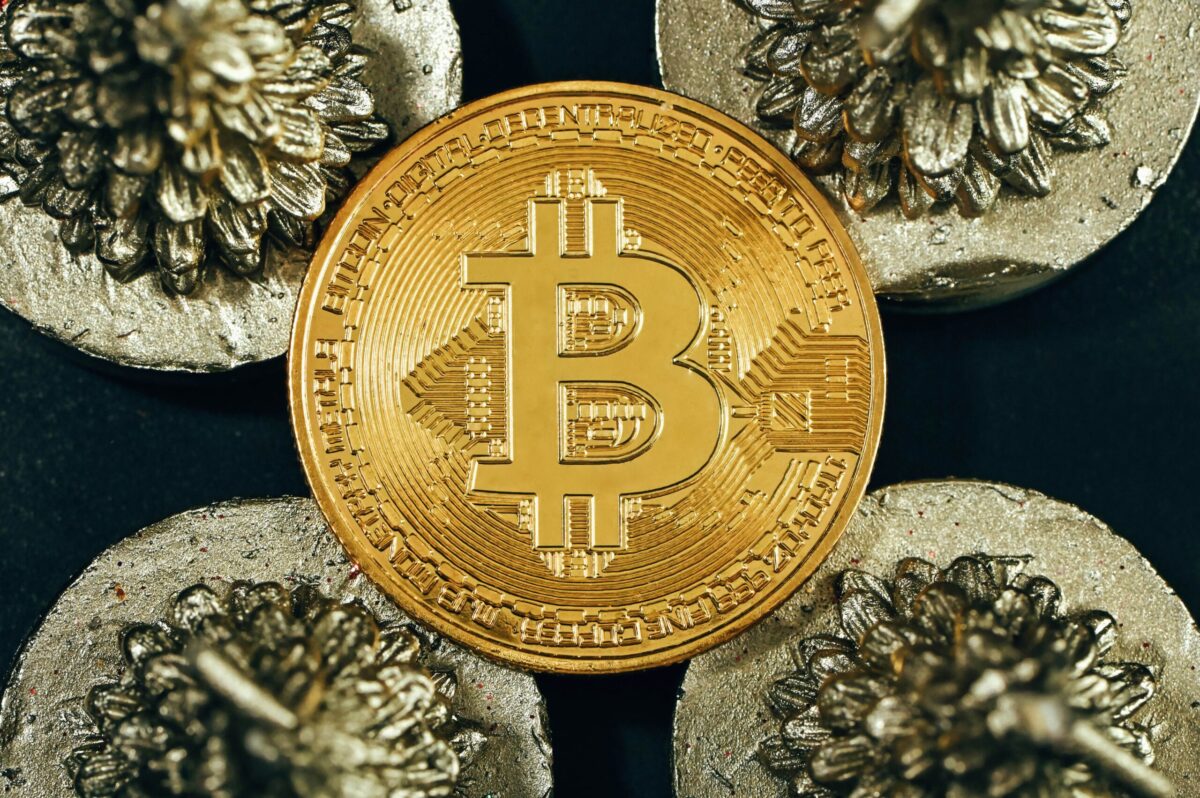The International Monetary Fund (IMF) has again advised El Salvador to rethink parts of its Bitcoin law, which made the cryptocurrency legal tender in the country.
Despite ongoing talks between the IMF and the Salvadoran government, the global financial organisation believes that the country should limit its reliance on Bitcoin ($BTC).
This recommendation comes as El Salvador continues to adjust to the economic consequences of its decision to adopt Bitcoin in 2021.
IMF suggests limiting Bitcoin’s role
On Thursday, IMF’s director of communications, Julie Kozack, spoke during a press briefing, where she explained the IMF’s ongoing discussions with El Salvador.
“Addressing risks arising from Bitcoin is a key element of these discussions”, Kozack said. She highlighted that the IMF is urging the country to reduce the scope of its Bitcoin law.
The IMF has proposed a few changes: tightening regulations on Bitcoin use, increasing oversight of the cryptocurrency, and reducing the public sector’s exposure to Bitcoin.
These suggestions are part of broader efforts to stabilise the country’s economy and manage potential risks.
Even though El Salvador’s economy is growing at a solid 3% annually, the IMF is concerned about the impact of Bitcoin on the country’s financial health.
Kozack added that the IMF hopes to reach a deal with El Salvador on a new support programme.
This programme, according to Kozack, would focus on “macroeconomic stabilisation and adjustment” while also promoting economic growth and necessary reforms.
Previous warnings
The IMF’s latest recommendations are not new. They follow earlier warnings about the risks associated with El Salvador’s use of Bitcoin, particularly its effect on the country’s financial stability.
In August, the IMF issued a statement that focused on the need for El Salvador to improve its fiscal policies, with Bitcoin at the centre of the conversation.
In this statement, the IMF said, “Progress has been made in the negotiations toward a Fund-supported program, focused on policies to strengthen public finances, boost bank reserve buffers, improve governance and transparency, and mitigate the risks from Bitcoin”.
Essentially, the IMF is concerned that Bitcoin could make El Salvador’s financial situation more unstable if it’s not managed properly.
While the IMF acknowledged that many of the risks associated with Bitcoin have not yet come to pass, they stressed the need for El Salvador to take steps to avoid potential problems in the future.
This includes increasing transparency and reducing the country’s exposure to cryptocurrency-related risks.
Discussions between the IMF and El Salvador are still ongoing as both parties explore ways to stabilise the country’s economy while managing Bitcoin’s role.
Bukele’s views on Bitcoin adoption
Despite the IMF’s concerns, President Nayib Bukele of El Salvador remained optimistic about Bitcoin, although he admits that its adoption in the country has been slower than expected.
In an August 2024 interview with TIME magazine, Bukele acknowledged that the introduction of Bitcoin as legal tender has produced mixed results.
He noted that the use of Bitcoin by Salvadorans has been limited but said the cryptocurrency has still been a “net positive” for the country.
Bukele also shared that he had hoped more citizens would have embraced Bitcoin, explaining that those who had invested in the cryptocurrency early on would have seen significant returns.
However, Bukele said he was satisfied with his decision to allow Bitcoin adoption to be voluntary. He emphasised that he did not want to force people to use the cryptocurrency, instead giving them the choice to decide for themselves.
As the country continues to grapple with the challenges of Bitcoin adoption, the IMF’s advice remains clear: El Salvador should be cautious and take steps to minimise risks.
The financial institution has expressed a more moderate approach to Bitcoin than in the past, but it continues to stress the importance of managing potential risks and improving transparency.
While President Bukele remains committed to the Bitcoin project, his administration faces the challenge of balancing this ambitious policy with the need for economic stability.


